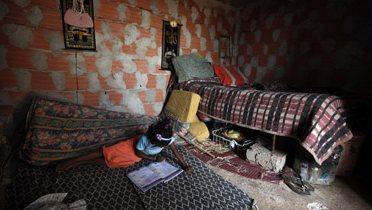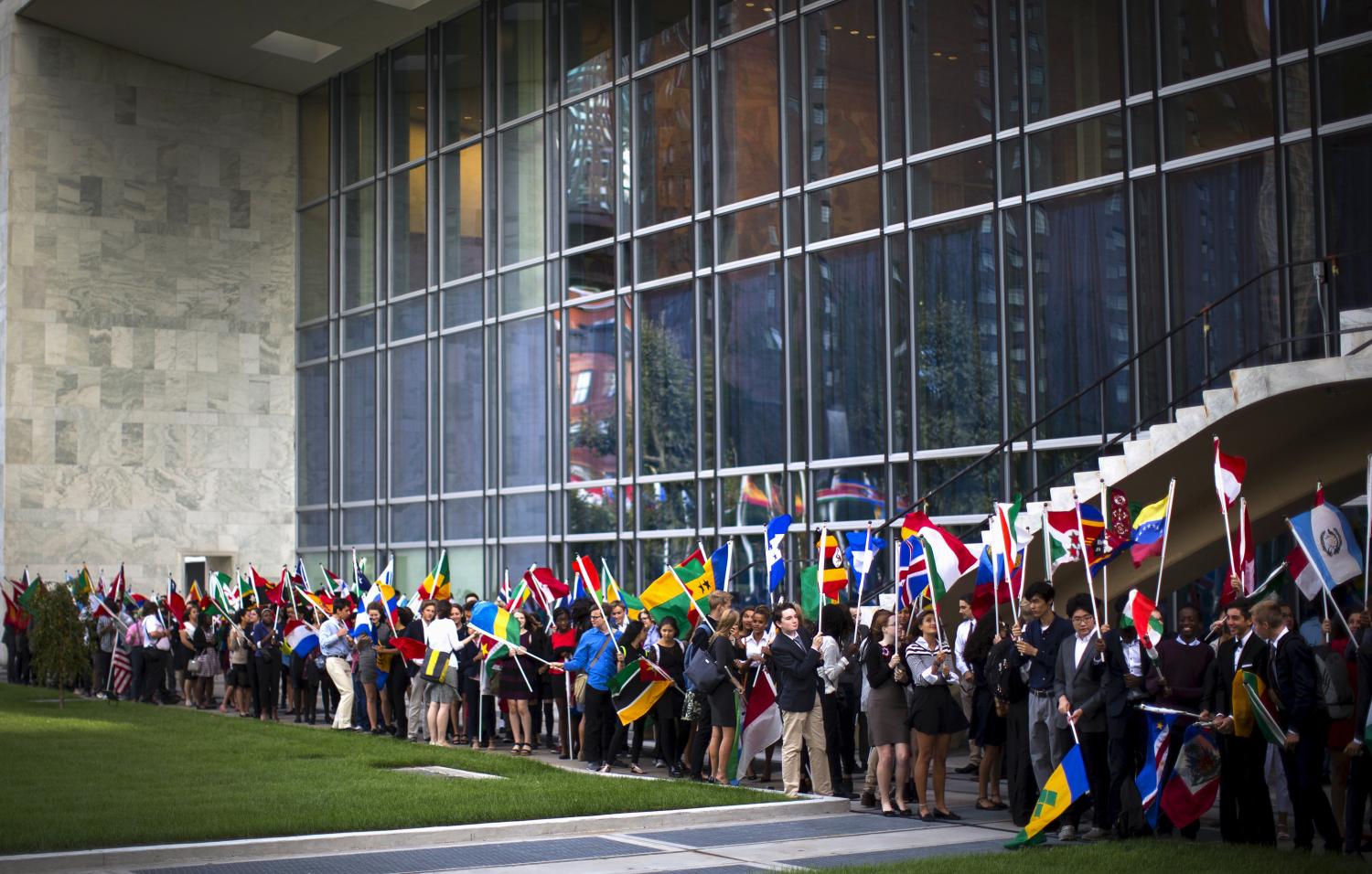INTRODUCTION
Ten years ago this month, the World Bank established a taskforce to examine how the development community, and the bank in particular, should approach fragile states. This project took on special significance in the wake of the September 11th terrorist attacks, as Western governments awoke to the threats posed by weak and unstable countries, and expressed a new willingness to engage with them.
The taskforce was led by Paul Collier and Ngozi Okonjo-Iweala, then two of the World Bank’s leading lights and today considered among the world’s foremost development experts. Their report had a profound influence both in shaping how fragility is perceived through a development lens and in defining the emerging fragile states paradigm.
This is not to say that thinking on fragile states has stalled over the past decade. On the contrary, the intervening years have been a period of rapid learning. Many more studies and strategies have been written, not least by the World Bank itself, which is currently in the process of rolling out policy reforms informed by the groundbreaking 2011 World Development Report on conflict, security and development. A supporting set of institutions has sprouted, built around the g7+ group of fragile states and the network of donors with whom they partner, resulting in more honest dialogue, the sharing of experience, and the agreement of shared objectives, norms and metrics of progress. These have tended to build upon the taskforce’s initial insights rather than challenge them.
Looking back at the taskforce’s report, there is much that remains salient and even prescient. For instance, the report frames the development agenda for fragile states around a narrow prioritization of reforms, starting with security, stability and the rule of law; emphasizes the attainment of feasible, quick wins; and advocates looking beyond government channels for service delivery. Engagement strategies stress the need for sociopolitical analysis and much deeper forms of donor coordination. Many of these same ideas will, ironically, be presented as new innovations at the High Level Forum on Aid Effectiveness in Busan, Korea later this month.
In three important respects, however, the taskforce’s judgments were mistaken. Rather than being rebuked, these mistakes have been echoed in subsequent policy statements by the World Bank and others, and inform the prevailing narrative on fragile states which guides the international development community.
The Brookings Institution is committed to quality, independence, and impact.
We are supported by a diverse array of funders. In line with our values and policies, each Brookings publication represents the sole views of its author(s).




